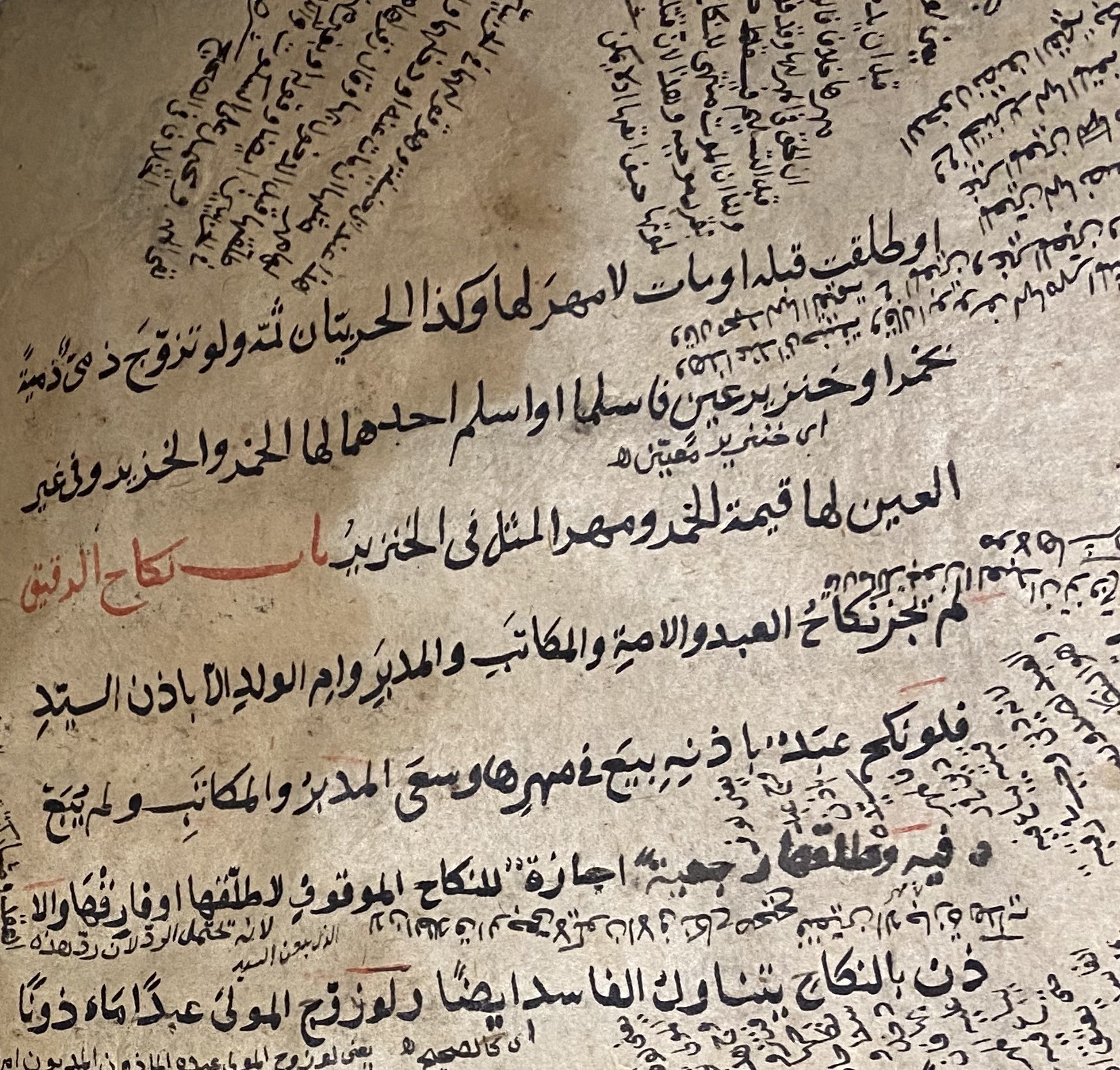Windham Monthly Meeting (Society of Friends) Records
Quaker worship began in Windham, Me., around 1780, with a preparative meeting established there under the care of Falmouth Monthly Meeting. Windham was set off as a monthly meeting in 1803, and it had Limington Monthly set off from it in 1846. Windham has supported both a preparative meeting (1844-1889) and worship group (1903-1945) at nearby Casco, where the meeting continues to gather during the late summer months.
Windham Monthly Meeting is represented in SCUA by only two State of the Society reports, 1989 and 1993. The bulk of the records for Windham Monthly are held at the Maine Historical Society

